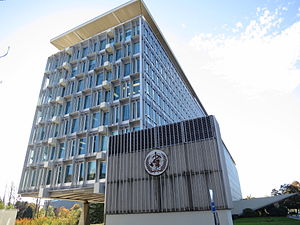Fifty nations are now taking action to reduce plastic pollution, according to the biggest report so far from the UN.
It reveals that the Galapagos will ban single-use plastics, Sri Lanka will ban styrofoam and China is insisting on biodegradable bags.
But the authors warn that far more needs to be done to reduce the vast flow of plastic into rivers and oceans.
What’s more, they say, good policies to curb plastic waste in many nations have failed because of poor enforcement.
Action against plastic waste has many drivers across the world.
In the UK it has been stimulated by media coverage.
In many developing countries, plastic bags are causing floods by blocking drains, or they’re being eaten by cattle.
The report says policies to combat plastic waste have had mixed results.
In Cameroon, plastic bags are banned and households are paid for every kilo of plastic waste they collect, but still plastic bags are being smuggled in.
In several countries, rules on plastic exist but are poorly enforced.
The report presents an A-Z of 35 potential bio substitutes for plastic.
It runs from Abaca hemp (from the inedible banana Musa textilis) to Zein (from a maize protein).
The list includes rabbit fur, sea grass and foam made with fungus.
It mentions QMilch, a firm that creates casein textile fibres from waste milk.
It also highlights Piñatex, a plastic alternative made from pineapple leaves.
Some policy-makers, though, are wary about hyping the potential of bio alternatives.
Early optimism by some environmentalists about biofuels backfired when rainforests were felled to grow palm oil to fuel cars.
Read also: Tunisia boat capsizes killing dozens of migrants
Erik Solheim, head of UN Environment, said: “The assessment shows that action can be painless and profitable – with huge gains for people and the planet that help avert the costly downstream costs of pollution. Plastic isn’t the problem. It’s what we do with it.”
- Guatemala Fuego: Search after deadly volcano eruption
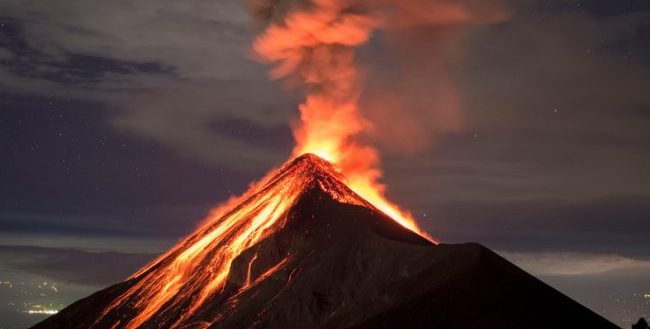
Soldiers are helping firefighters search for missing people after Sunday’s horrific volcanic eruption in Guatemala, when torrents of superheated rock, ash and mud destroyed villages.
The official death toll from the destruction at the Fuego volcano has risen to 62, the authorities say.
Thousands of people are being housed in temporary shelters.
Volcanologists report the eruption, which sent ash up to 10km (33,000ft) into the sky, is now over.
The eruption also generated pyroclastic flows – fast-moving mixtures of very hot gas and volcanic matter – descending down the slopes, engulfing communities such as El Rodeo and San Miguel Los Lotes.
Eufemia Garcia, from Los Lotes, described how she narrowly escaped the volcanic matter as she walked through an alley to go to the shops.
Though she had found two of her children alive she was still searching for two daughters and a son and a grandson, as well as her extended family.
“I do not want to leave, but go back, and there is nothing I can do to save my family,” she said.
Efrain Gonzalez, who fled El Rodeo with his wife and one-year-old daughter, said he had had to leave behind his two older children, aged four and ten, trapped in the family home.
Local resident Ricardo Reyes was also forced to abandon his home: “The only thing we could do was run with my family and we left our possessions in the house. Now that all the danger has passed, I came to see how our house was – everything is a disaster.”
- Starbucks boss leaves firm after 36 years
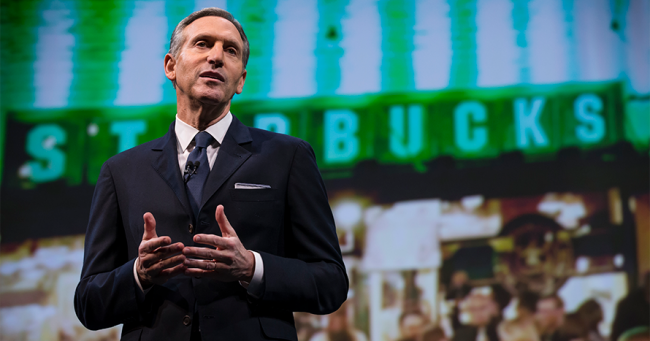
Starbucks Executive Chairman Howard Schultz, who oversaw the growth of the coffee chain into a global powerhouse, has said he is quitting the company after nearly four decades.
Mr. Schultz, who retired as chief executive last year, is to relinquish his seat on the board on 26 June.
The move has raised questions about his political ambitions.
In an interview with the New York Times, Mr. Schultz did not rule out a run for president.
“One of the things I want to do in my next chapter is to figure out if there is a role I can play in giving back,” he said.
“I’m not exactly sure what that means yet.”
He added: “I want to be of service to our country, but that doesn’t mean I need to run for public office to accomplish that.”
Mr. Schultz, 64, started working for Starbucks in 1982 as director of operations and marketing.
He has led the board since 1985 and was chief executive for much of that period.
During his tenure with the firm, Starbucks grew from 11 outlets to more than 28,000 and its share price rose by 21,000%, the company said.
Mr. Schultz, who will become chairman emeritus, also used his position to speak out in social debates.
- Swimmer Ben Lecomte begins record Pacific crossing attempt
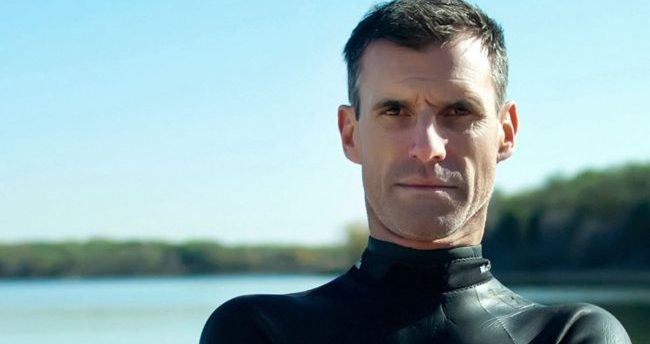
A French swimmer has set off from Japan aiming to become the first person to swim across the Pacific Ocean.
Ben Lecomte, 51, will swim for eight hours a day for more than six months as he heads towards the US west coast.
He faces dangers including sharks, storms, swarms of jellyfish, and extremely low water temperatures.
He is hoping to raise awareness for climate change, and a team of scientists will conduct research during the 5,500 mile (9,000 km) swim.
They will study plastic debris, the effect of extreme exercise on the heart and examine how the Fukushima nuclear disaster has affected the ocean.
Mr. Lecomte, who lives in the US, has been preparing with hours of open water swimming every day.
He has also practised “visualisation and dissociation” exercises to ensure he is mentally ready.
“The mental part is much more important than the physical,” he told AFP news agency. “You have to make sure you always think about something positive.”
“When you don’t have anything to occupy your mind it goes into kind of a spiral, and that’s when trouble starts,” he says.
- Ron Rockwell Hansen: US arrests man for trying to spy for China
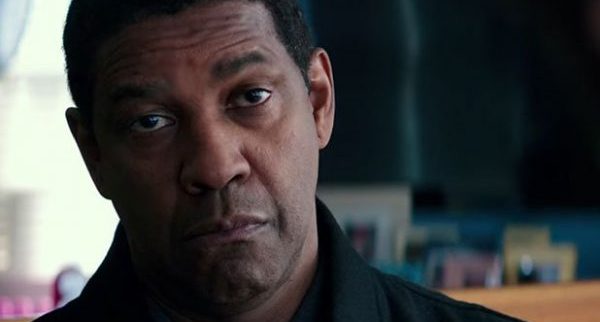
A former US intelligence officer has appeared in court in Seattle charged with attempting to spy for China.
Ron Rockwell Hansen, 58, was arrested by the FBI on Saturday on his way to a Seattle airport for a flight to China.
The justice department says Mr. Hansen attempted to pass on information and received at least $800,000 (£600,000) for acting as a Chinese agent.
He agreed in a brief court appearance to be returned to his home state of Utah to face charges.
Mr. Hansen, who lives in Syracuse, Utah, was charged with attempting to gather or deliver national defence information to aid a foreign government.
Other charges – there are 15 in total – include acting as an unregistered foreign agent for China, bulk cash smuggling, structuring monetary transactions and smuggling goods from the US.
If convicted of attempted espionage, Mr. Hansen faces a maximum penalty of life in prison.
Assistant Attorney General John Demers called Mr. Hansen’s alleged actions “a betrayal of our nation’s security” and an “affront to his former intelligence community colleagues.”
John Huber, US attorney for the state of Utah, called the allegations “very troubling.”








